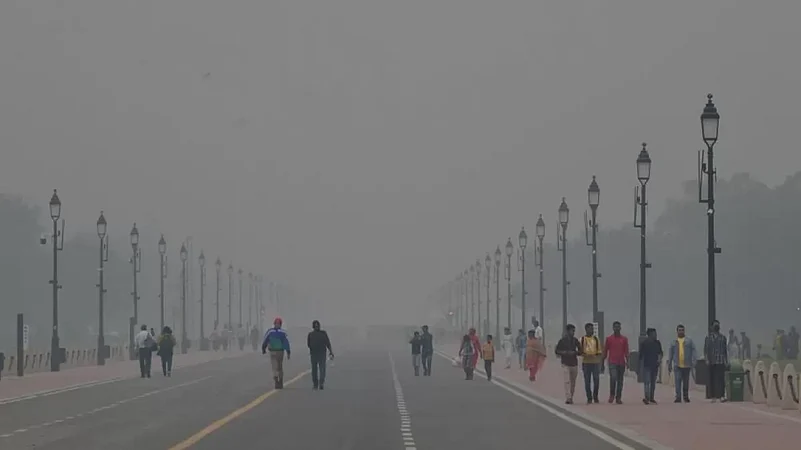
With the onset of winter approaching, Delhi BJP President and MP Manjinder Singh Sirsa chaired a crucial review meeting on the Winter 2025 Air Pollution Control Action Plan. The review focused on preparedness, inter-agency coordination, and timely execution of anti-pollution measures aimed at mitigating the capital’s annual smog crisis.
The meeting brought together officials from the Delhi Pollution Control Committee (DPCC), municipal corporations, transport authorities, and allied departments, with a clear emphasis on early action rather than reactive measures. Special attention was given to dust management at construction sites, vehicular emissions, and stubble burning, which are the three major contributors to Delhi’s hazardous winter air.
Sirsa urged departments to ensure strict compliance with construction site dust norms, including real-time monitoring and penalties for violations. For vehicular pollution, he highlighted the need for strengthening public transport facilities, traffic regulation, and checks on overloaded vehicles. Coordination with neighboring states was also stressed to tackle crop residue burning, which often triggers severe spikes in pollution levels during October and November.
Public awareness campaigns, citizen participation, and grievance redressal mechanisms were identified as critical components of the plan. The DPCC has been tasked with setting up hotlines and digital monitoring systems to ensure accountability and transparency.
Key Highlights
Sirsa reviewed Winter 2025 Air Pollution Control Plan with DPCC and agencies.
Focus areas: dust control, vehicular emissions, and stubble burning.
Real-time monitoring and stricter penalties for violators.
Strengthened public transport and inter-state cooperation emphasized.
Citizen engagement and awareness campaigns to be scaled up.
Who Should Take Action – Specific Advice
Construction companies must immediately adopt dust suppression systems and comply with on-site monitoring requirements. Vehicle owners should ensure fitness certification and emission checks. Farmers and state governments must coordinate with Delhi authorities on stubble management alternatives. Citizens are encouraged to use public transport and report violations actively.
India Advocacy Insight
Delhi’s winter pollution remains a national-level governance challenge, requiring coordinated, science-driven, and citizen-inclusive action. At India Advocacy, we view the 2025 plan as a test of accountability for both governments and citizens alike — success will depend on execution, not just policy.
![]()



